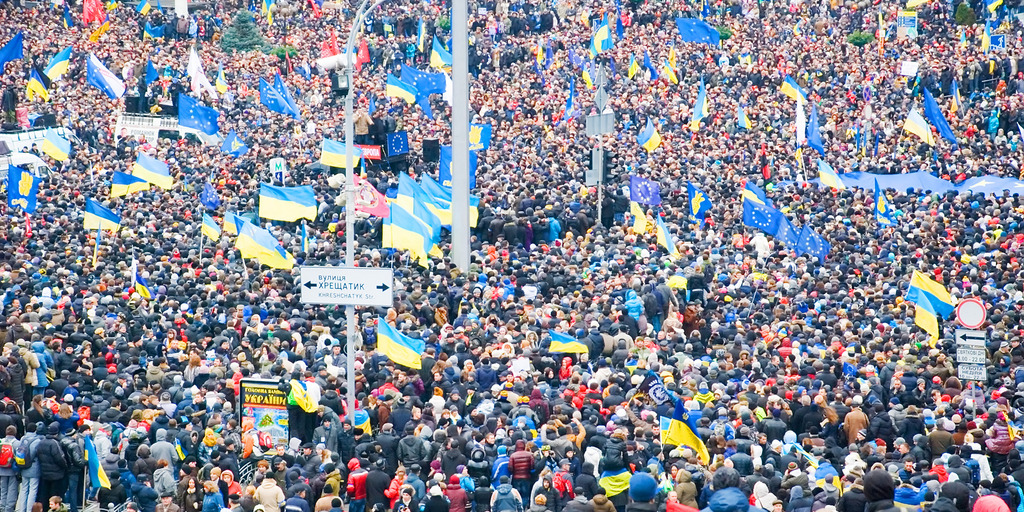The Bertelsmann Stiftung’s Transformation Index (BTI) points to the importance of having a separation of powers and an independent judiciary that enforces laws and protects citizens from indiscriminate decision-making. It is also particularly important to have rule-based “integrity of management” and guaranteed property rights. Corruption, on the other hand, undermines the faith that citizens have in the state and causes enormous economic damage. Although the fight against corruption is increasingly taking center stage in reform debates, there is a lack of solutions.

golicin - stock.adobe.com
Rule of Law and Fighting Corruption
The rule of law is crucial for stable democracy, social justice and domestic peace. Equally important is the confidence that citizens have in state institutions and their representatives. Good governance and the fight against corruption require oversight not just from institutions, but also from civil society.
Transparency and accountability as goals of sustainable development
Overlapping conflicts related to power and corruption
Corruption was the key trigger of the revolutions in both Tunisia (the “Arab Spring”) and Ukraine (the “Revolution of Dignity”). More and more people are turning against the perversion of justice and cronysm. But the transition from structures in which only a few control the state (so-called Limited Access Orders) to democratic control is difficult when there are still political elites in power who want to safeguard their privileged access to public goods as well as sabotage or merely feign reforms aimed at opening the market and society. On the other hand, there are reformers who believe that they and their country are being hindered in their development. Readjusting this complex balance of power – between those who preserve the state gateways for corruption and those who wish to close them – is the goal of effective corruption control. It requires a state-society model with a political power structure balanced between institutional and civil society forces that regulates the corruption-free distribution of public goods and punishes corruption as a deviation from the norm.
The dilemma between extensive aid and low impact
Although the EU and other international donors have been conditionally linking billions in external aid (ODA) to “democratic standards” for decades, there has hardly been any decrease in corruption in the supported countries. The political power structure consisting of (entrenched) possibilities for and (new) barriers to corruption cannot be changed from the outside alone. But how can a society strengthen its abilities to control corruption? In what regional context do innovative anti-corruption tools, such as open data-based apps, work?
Strong institutions and developed civil societies in a local context
At the heart of the project are the civil societies of the countries in the neighbourhood – and experience has consistently shown that no progress is possible without them. With the help of focus groups made up of representatives from various anti-corruption bodies and relevant governmental and non-governmental institutions, the project will highlight the status and trends of combating corruption on the basis of evidence-based indicators in selected countries in the EU’s neighbourhood. A final analysis will assess the implementation of anti-corruption tools and strategies as well as highlight country-specific theories of change.



